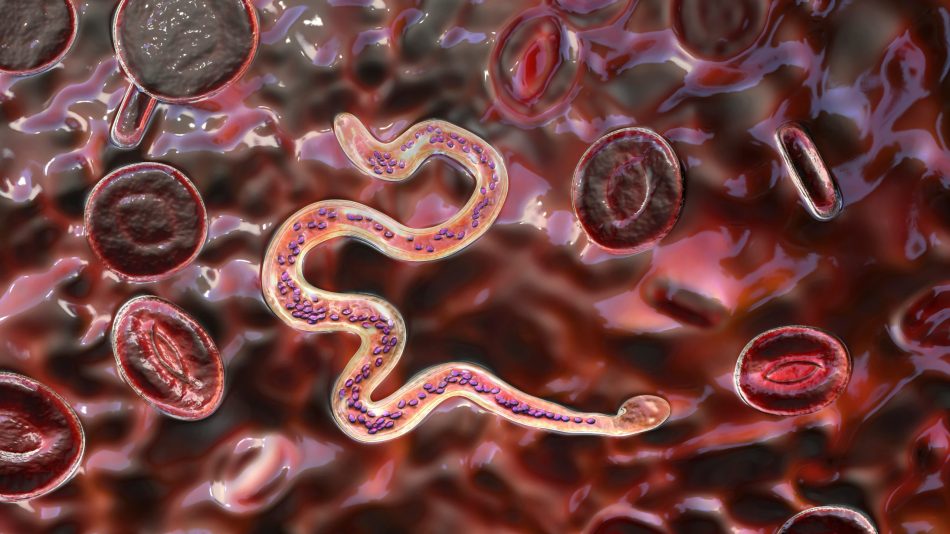Science
From mathematics and AI to medicine and psychology, The Optimist Daily features the latest news on discoveries, technological advances, and breakthroughs in the world of science. Our Science section is here to engage and enlighten you.

This startup uses a plant-derived material to make roads carbon negative
Similar to building new roads, repairing existing ones is not an environmentally friendly endeavor. One of the main problems is bitumen, a fossil fuel-derived binder that holds asphalt together. A startup in Norway is recycling old roads using a plant-based binder instead, a process that could Read More...

Banana paper saves potatoes by blocking worm communication
The potato cyst nematode is a pathogenic worm and something of a global menace. When these little critters come across potato farms they infest the crops, drastically reducing yield and size. Some areas of Africa see a 60 percent decline in potato yield after infestation, negatively affecting Read More...

Refueling on Mars: making biofuel from astronaut wastewater
As space exploration develops further, scientists and engineers are innovating more outlandish ways for humans to survive beyond our planet. What was once magic becomes science as experts think outside the box and brilliantly repurpose resources in closed environments, such as growing lettuce in Read More...

Quantum charging could cut EV charging from hours to minutes
Current owners of electric vehicles can cruise along knowing that they’re not adding any CO2 emissions into the atmosphere. While they can ride guilt-free, these joy rides can still be inconvenienced by the headache of having to wait around half an hour at a high-powered public charger, or even Read More...

Seasam drone improves underwater research and documentation
Humans have invented various autonomous underwater drones for scientific purposes and more. Some examples include the AutonomousRiver Cleaner (ARC) that uses bubbles and AI to clear plastic from rivers, or MERMAIDs which deep-sea dive to explore the ocean floor. There’s now a new drone in town Read More...

Oregon wastewater facility makes its own power with human waste
Two weeks ago, we wrote a piece on upcycling your “business,” going into the green uses some companies found for human waste. Innovation and recycling mean looking everywhere possible for solutions, and The Optimist Daily loves writing about the ones that are found… even if they come out of Read More...

Space lettuce could save astronauts’ bones
Many of us wanted to be astronauts when we were kids. Some of us may even still daydream about it. While we lionize pioneers like Neil Armstrong and Buzz Aldrin, we now know that prolonged time in space comes with some serious health consequences. We are, after all, creatures whose anatomy evolved Read More...

Tiny roundworms could diagnose lung cancer
Early detection is an essential tool for treating cancer. Any time that doctors and technicians can shave off from testing or lab work saves lives. Even better are noninvasive and inexpensive tests, which benefit both the patient and the hospital. The noble nematode You might remember nematodes Read More...

Always growing: a dive back into the marvelous world of mushrooms
“Nature alone is antique, and the oldest art a mushroom.” - Thomas Carlyle, Scottish philosopher, and essayist Science is ever-changing. Scientists and physicians used to be sure that contagions and diseases were spread from person to person by smell. This was called the Miasma Theory, and Read More...

More trees may save gray foxes from coyotes
The Optimist Daily has recently written a great deal on the need to coexist with animals, respecting animal agency and the potential to reach a new symbiosis with our furry neighbors on the planet. This brings into our consideration how to adapt our own human environments to better suit the habits Read More...


